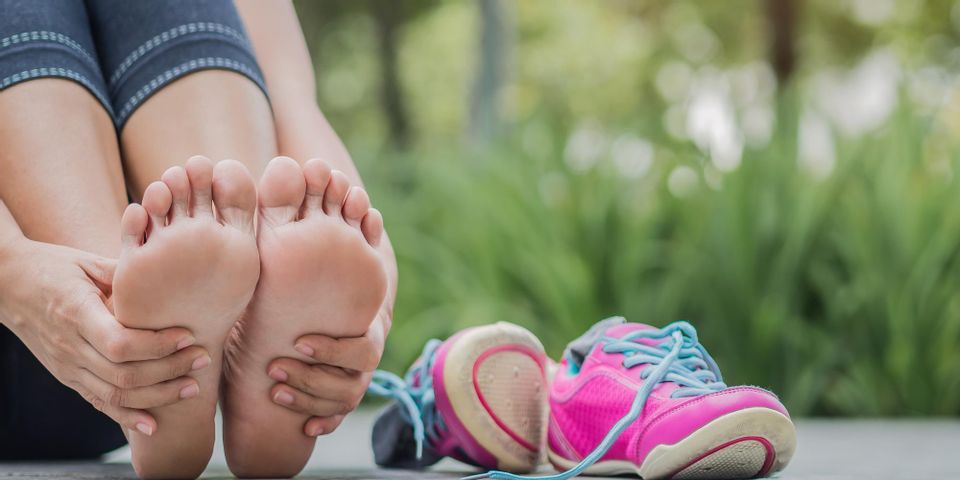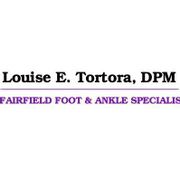
Many people experience discomfort and soreness after spending a long day on their feet, but those with bunions often deal with severe and constant pain. These are bony bumps that form near the base of the big toe. They develop when enough pressure is placed on the joint that the big toe begins angling toward the second toe instead of remaining in a straight position. Without proper bunion treatment, this deformity can worsen over time and make it difficult to wear shoes or walk. The following information will help you better understand what causes this kind of foot problem and how it can be avoided.
What You Need to Know to Protect Yourself From Bunions
Why Do Bunions Develop?
According to the American College of Foot and Ankle Surgeons, bunions are most commonly the result of an inherited structural foot defect. The foot’s structure and shape is heredity, which means some people are simply more prone to bunions than others. This is the case for those with flat feet, loose joints, and low arches. Additionally, the American Academy of Orthopaedic Surgeons suggests that arthritis and medical conditions affecting the nerves and muscles, such as polio, can contribute to the development of bunions.
What Preventative Measures Can You Take?
 Although ill-fitting shoes aren’t necessarily a direct cause of bunions, they can trigger the issue or make it worse. This is especially true of high heels because they force foot bones into an abnormal position. For this reason, it’s best to avoid wearing high heels and choose footwear with a wider toe area. Flat shoes will also help to keep extra pressure off the forefoot. You may further reduce your risk of needing bunion treatment by using inserts that provide arch support and allow the toes to spread out.
Although ill-fitting shoes aren’t necessarily a direct cause of bunions, they can trigger the issue or make it worse. This is especially true of high heels because they force foot bones into an abnormal position. For this reason, it’s best to avoid wearing high heels and choose footwear with a wider toe area. Flat shoes will also help to keep extra pressure off the forefoot. You may further reduce your risk of needing bunion treatment by using inserts that provide arch support and allow the toes to spread out.
If you have a bunion, reach out to Louise E. Tortora, DPM for an accurate diagnosis. Dr. Tortora will determine if this is the reason for your foot pain and discuss the most effective bunion treatment options with you. Offering more than 30 years of experience as a well-regarded podiatrist in Fairfield County, CT, she has helped countless patients correct their foot disorders. Call (203) 254-0093 to schedule an appointment or visit her website to learn more about the bunion treatment process.
About the Business
Have a question? Ask the experts!
Send your question

